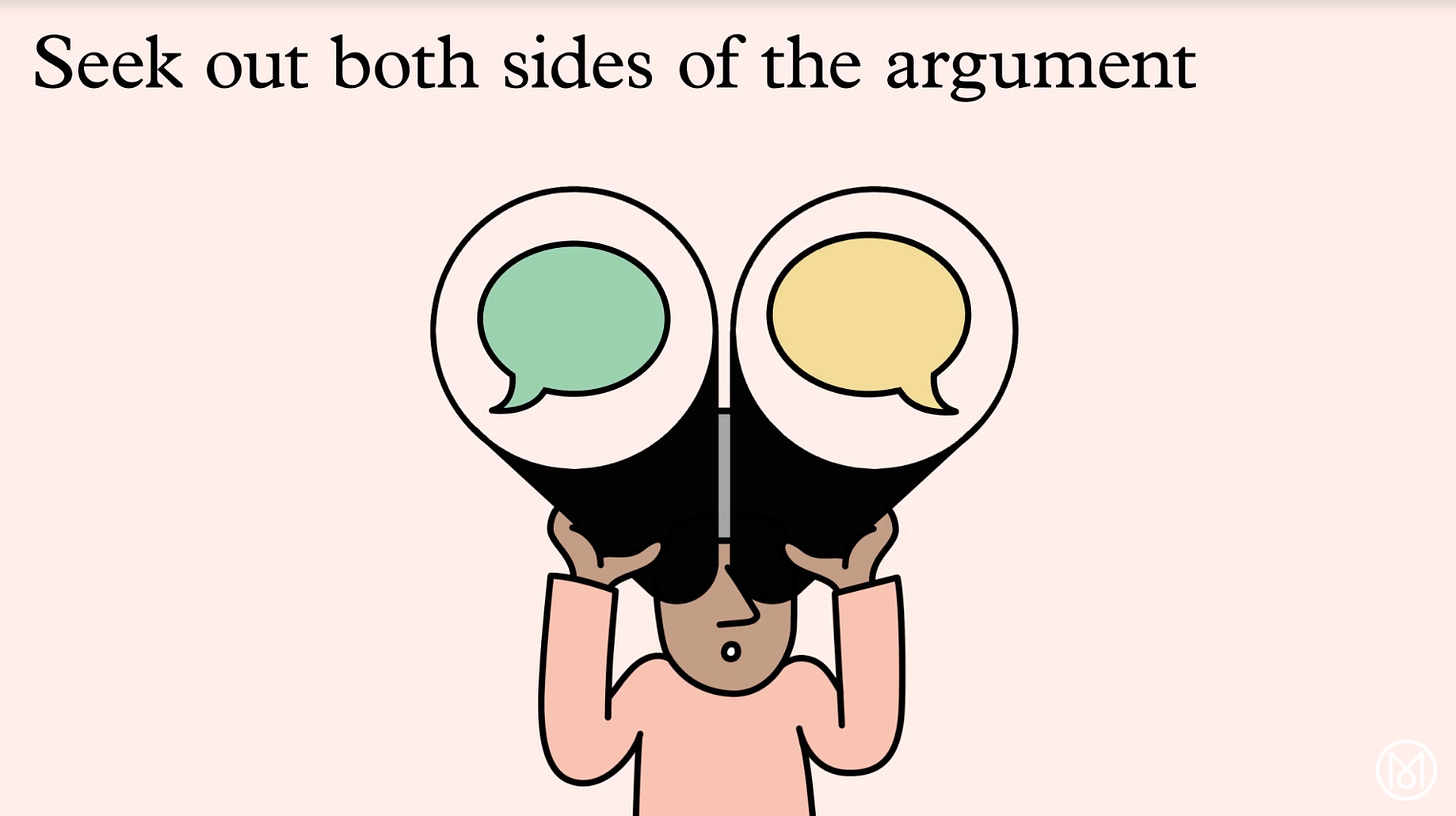idle gaze 044: "we’re living in a society!”
The demise of manners and revival of etiquette experts.
Manners, they say, are the basic building blocks of society. A set of unspoken agreements that create order and keep chaos at bay. Without this social etiquette, an otherwise civilised world would plunge into total anarchy.
It would now appear that unusually large cracks have begun to form in this otherwise safe veneer of civility. Rules, assumed to be second nature, appear suddenly unlearned. Otherwise obvious social protocols, now appear shrouded in disagreement and confusion.
This collapse in decorum appears so dire that The Cut felt the need, back in January, to publish a guide for the lost masses on how to behave. The publication’s “etiquette rules” aimed to provide an informative guide on how to appropriately ‘text, tip, ghost, host’, and generally how to “exist in polite society today.”
And of course we had lost our way, there had after all been recent significant shake-ups in our social dynamics. As The Cut explains in the introduction to its guide:
The ways we socialize and date, commute and work are nearly unrecognisable from what they were three years ago. We’ve enjoyed a global pandemic, open employer-employee warfare, a multifront culture war, and social upheavals both great and small.
Here’s a small selection of The Cut’s extensive 140-rule long list:
While on a date, if you find you’re talking a lot, ask yourself, when was the last time I asked a question?”
You may callously cancel almost any plans up until 2 p.m.
Don’t pelt your friends with text messages.
When another human is present, don’t talk to your animal in the private voice you use when alone together.
Don’t describe TikToks. It’s more boring than describing dreams.
Meanwhile, Monocle - a veteran cornerstone of graceful behaviour in the publishing world, known for championing proper airport attire and promoting suitable dinner table etiquette, recently launched a campaign for public courtesy.
Their “code of digital decency” was published as a response to a perceived loss of manners, especially regarding the use of digital devices in public. It features a 10-point plan, including:
“asking people to turn their phones to silent and refrain from listening to video clips with the volume turned up”
“hotel lobbies are not the same as hotel suites (and therefore are not the place for conducting Zoom calls)”
“tablets are something that children should take when they’re ill and not devices to be tethered to in a serene restaurant setting”
Monocle invites restaurants and hotels to order a plaque with the charter to hang in their establishments to remind it’s patrons of these codes of conduct.
Hard-lined etiquette enforcers used to get a fair amount of criticism, accused for cliquey elitism. Monocle’s editor-in-chief; Tyler Brûlé, famed for embodying the magazine’s modern, aspirational business-class-luxury-hotel-lifestyle, was often lambasted for nurturing a “cult of aesthete snobs”.
But now, in a society that has increasingly succumbed to social savagery, individuals with etiquette A-game are elevated to gods among - what they would perceive as - lowly slobs.
On Netflix, international etiquette expert Sara Jane Ho hosts "Mind Your Manners": a recent makeover series where Ho helps people become their best selves through good manners. Through 6 episodes, the Harvard Business School graduate teaches unrefined citizens how to drink tea gracefully, table manners, and how to behave in formal settings, empowering the discourteous and ill-mannered on how to become their “best selves”.
This revival in etiquette expertise and relearning social codes of conduct emerges at a time when there’s rising levels of criticism towards a perceived ‘infantilisation’ of the general, millennial-aged population, resulting in diminished sense of personal responsibility.
As James Greig argues in his Dazed article “Everyone needs to grow up”, society is currently awash with “adult babies”. Greig points out the rise in ‘Disney adults’; and the emergence of cuteness as a dominant aesthetic category; the resurgence of stuffed animals; people throwing tantrums when their Gorillas rider is five minutes late, but also - a rising failure to “treat other people with care” and invest in “something beyond our own immediate satisfaction”.
If the general population really has lost its manners, it would signal yet another way offline behaviour has begun to mimic the chaotic behaviour seen in the lawless lands of the online realm. And while places like Twitter continue to collapse into social anarchy, the rise of etiquette discourse indicates a reluctance to let ‘IRL' follow the same course.
If social media has taught us to follow our whims and desires, with reckless abandon for those around us, perhaps the once dusty Swiss finishing schools and anachronistic etiquette experts can help make public decency and civility desirable again. The age old adage prevails: “Manners maketh the man”.






